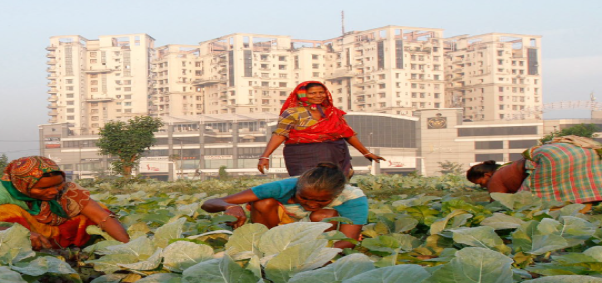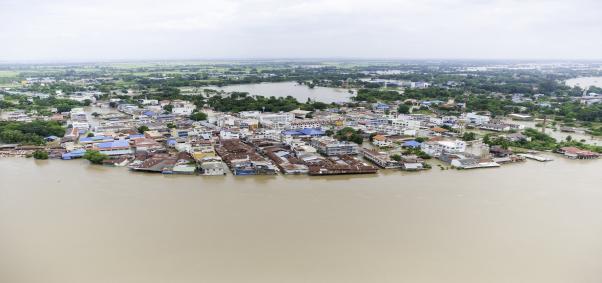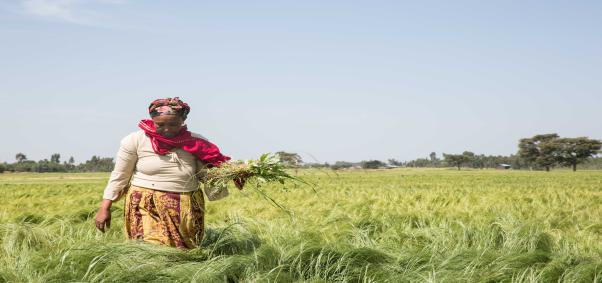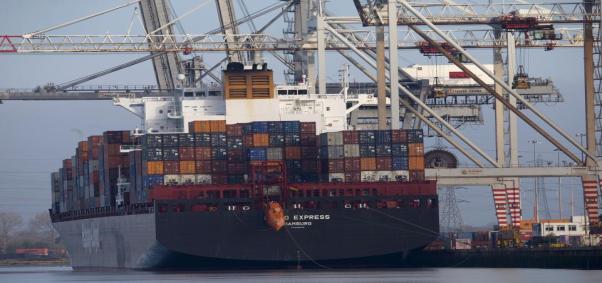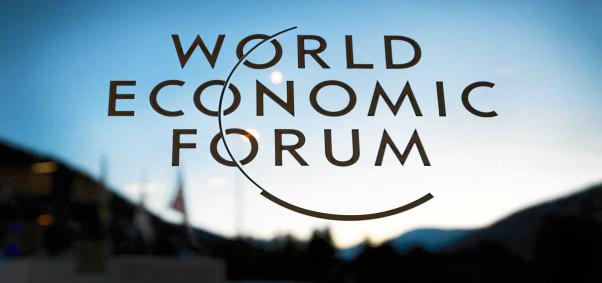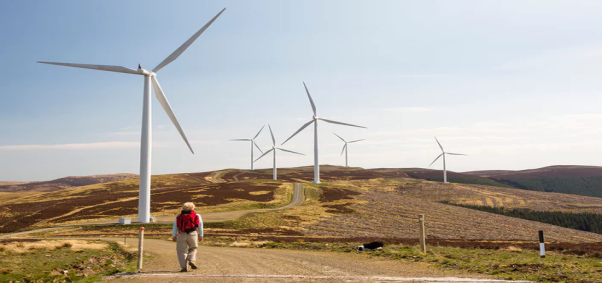Climate action presents major opportunities in three key sectors of the global economy: cities, land use, and energy. If we seize these opportunities, argues Felipe Calderón, a more sustainable, inclusive, and prosperous future will be within our grasp.
It is a moral obligation and practical imperative to keep climate migration to a minimum, writes Felipe Calderón.
To unlock the potential of better food and land use, business leaders and policy-makers working in the food and land sectors need long-term science-based targets and pathways to make better-informed decisions, write Gemedo Dalle (PhD), Ethiopian minister of Environment, Forest & Climate Change, and Paul Polman, CEO of Unilever and chair of the Food & Land Use Coalition.
We need a concerted and coordinated effort to simultaneously develop new solutions and technologies in the shipping industry, writes Felipe Calderón.
Empowered women are not only critical for the environment, but also crucial to the global economy, write Kristalina Georgieva and Ngozi Okonjo-Iweala.
It is all our responsibility to ensure that a sustainable future holds a place for everyone, writes Sharan Burrow.
Future-smart investments are those that are sustainable, writes Ngozi Okonjo-Iweala.
Acting on climate change can certainly be driven by pure pragmatism: the economics of it are clear, writes Felipe Calderón.
• Indonesia’s five-year development plan to double as first Low Carbon Development Initiative.
• Indonesian ministers and key international advisers advance project financing at COP23.
• With fourth largest population and the fifth highest emissions, climate impact significant.

